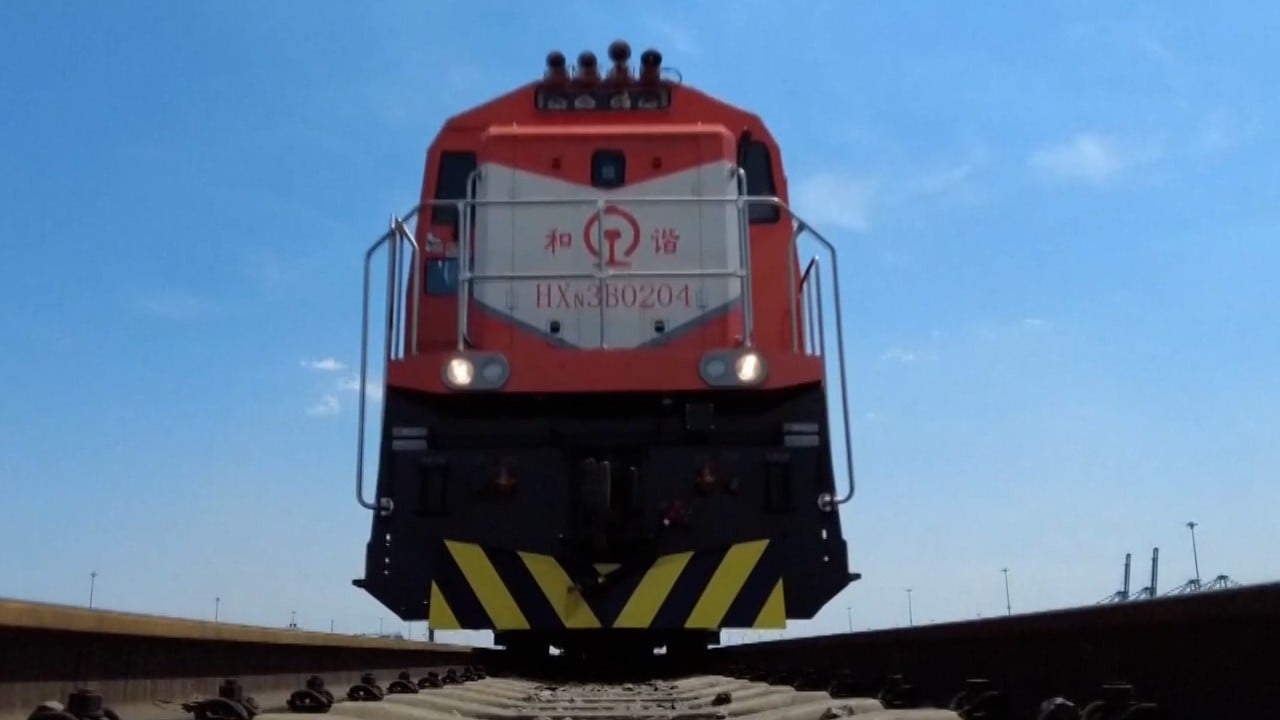China on Thursday finally signed an agreement for a key railway linking it with Kyrgyzstan and Uzbekistan in Central Asia, a project hailed by President Xi Jinping as “a show of determination”.
“The China-Kyrgyzstan-Uzbekistan Railway is a strategic project for China’s connectivity with Central Asia and a landmark project for us three countries to jointly build the Belt and Road Initiative,” said Xi in a message issued to mark the occasion.
The deal’s resolution signalled that Beijing’s decade-long ambition to expand its connection with Eurasian countries is finally on track.
Xi said the agreement provided a “solid legal foundation” for the railway’s construction and transformed the project “from a vision to a reality”.
“It demonstrates to the international community the firm determination of the three countries to join hands to promote cooperation and seek common development,” Xi said.
He added that China would work with Kyrgyzstan and Uzbekistan to build the strategic passage that would benefit all three sides and regional development “as soon as possible”.
The president of Kyrgyzstan, Sadyr Japarov, and his counterpart in Uzbekistan, Shavkat Mirziyoyev, also sent congratulatory messages, Chinese state media Xinhua reported.
Japarov said the 325-mile (523-km) railway would become a new transport link from Asia to Europe and the Persian Gulf and would promote regional connectivity and trade. Mirziyoyev said it would not just be the shortest land route from China to Central Asia, but also to the South Asia and Middle East, which is “in the long-term interests of relevant states”, according to Xinhua.
The US$8 billion rail link starts in China’s Kashgar, Xinjiang, and goes through southwest Kyrgyzstan and ends in Andijon in eastern Uzbekistan. It could reduce the freight journey between China and Europe by 559 miles, serving as a faster and cheaper alternative to current China-Europe land routes, most of which travel through Russia.
The project was first proposed in the 1990s, and the three sides signed a memorandum of understanding on the railway in 1997. But the project had been stalled by technical, political and geopolitical issues.
Russia, which sees Central Asia as its own backyard of influence, was initially less than enthusiastic about the project but now has expressed support as Moscow becomes increasingly reliant on China for trade under the economic sanctions imposed by the West because of its war against Ukraine.


